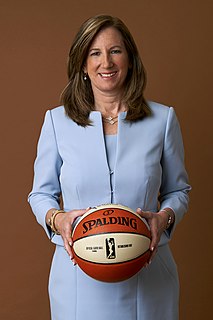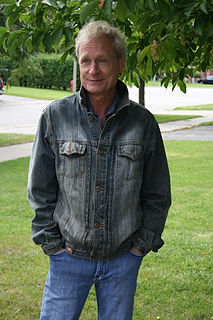A Quote by Walter Pater
Philosophical theories or ideas, as points of view, instruments of criticism, may help us to gather up what might otherwise pass unregarded by us.
Related Quotes
I noticed affixed to a laboratory door the following words: "Les théories passent. Le Grenouille reste. [The theories pass. The frog remains.] &mdashJean Rostand, Carnets d'un biologiste." There is a risk that in the less severe discipline of criticism the result may turn out to be different; the theories will remain but the frog may disappear.
Many of the greatest works of philosophy seem to me to be valuable not because of their arguments, but because they offer us perspectives that open up new possibilities. They show us how we might start in different places, and not buy into the assumptions tacitly made on the first pages of the philosophical works that have influenced us.
In Judaism or Christianity and so forth, you invent rules that don't exist anywhere except in your imagination. You spend your life trying to gain points and to avoid all kinds of things that detract from your points. And if by the time you die you gather enough points, then you pass on to the next level, in Heaven.




































